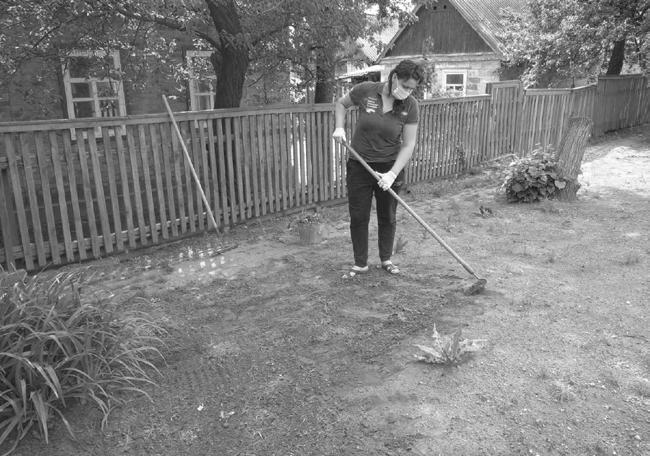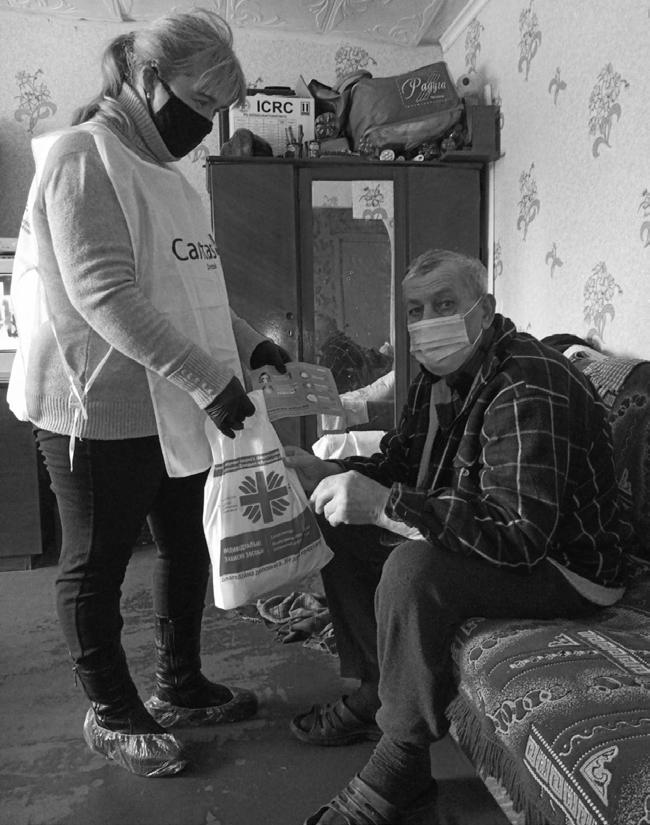RECOMMENDATIONS 1. Job creation is a key priority, especially for men, who are seen in patriarchal communities as “breadwinners”. Small grants and support of socially-responsible enterprises can help achieve this aim, and should be aimed at both men and women. Men should be consulted to find out what employment opportunities are seen as appealing and rewarding (for example, men are less likely to agree to work in minimum-wage jobs, and prefer jobs that are more demanding but better paid, whereas women tend to be more flexible, agree more eagerly for various part-time and low-paid options). 2. Men seem more “shy” in approaching humanitarian NGOs, but are more likely to approach institutions with questions that require expertise and a sense of control and achievement (legal consultations, administrative questions). Thus, for community activation, one could suggest creating communal spaces that can benefit men, for example, legal advice offices (where free legal consultations and trainings can be offered, in particular with questions of employment, entrepreneurship, and labor migration). As men are less likely to request consultations with psychologists, it is preferable to include psychological support as part of other initiatives aimed at men (legal/employment consultations, recreation events). 3. Alcohol and drug rehabilitation programs are either completely absent or their scope is limited to governmental programs for men in probation, returning from prison, etc. Caritas could hold training sessions for some of their social workers on ways to assist beneficiaries and their family members with alcohol and drug rehabilitation (perhaps with information leaflets, hotline phone numbers and addresses of local/regional rehab centres — similar to leaflets that are informing women about GBV). Collaboration with existing substance abuse rehab programs seems desirable. 4. Projects to resist domestic violence should not only provide information, but also focus on “success stories”, because many women do not believe that suggested algorithms really work. Two specific areas of focus have been identified in this study: economic domestic violence towards the elderly (adult children withdrawing their elderly parents’ pension and other benefits, selling their property, etc), and Caritas social workers experiencing domestic violence from their partners. Caritas primary concern should be with well-being of their employees, volunteers and beneficiaries, so these two areas of focus need to be taken into consideration in planning future projects. 5. There is a shortage of residential facilities for the elderly (old age homes or day centres). In some cases, need for such facilities is justified by beneficiaries by high costs of private home maintenance, especially heating costs in winter months. In other cases it is justified by domestic violence and conflicts with younger family members who abuse the elderly. And finally such residential facilities can offer better healthcare services and offer 24/7 assistance when necessary. Creation of such centres could be a suggestion for future Caritas activity. 6. Women who are already employed in “traditionally female” sectors (education, healthcare, social services, etc) enjoy a high level of prestige and respect in communities and can be further empowered and encouraged by additional material and non-material incentives, including trainings, hand-out materials, assistance in purchasing supplies and equipment for their work, etc. Job creation in “traditionally
43








